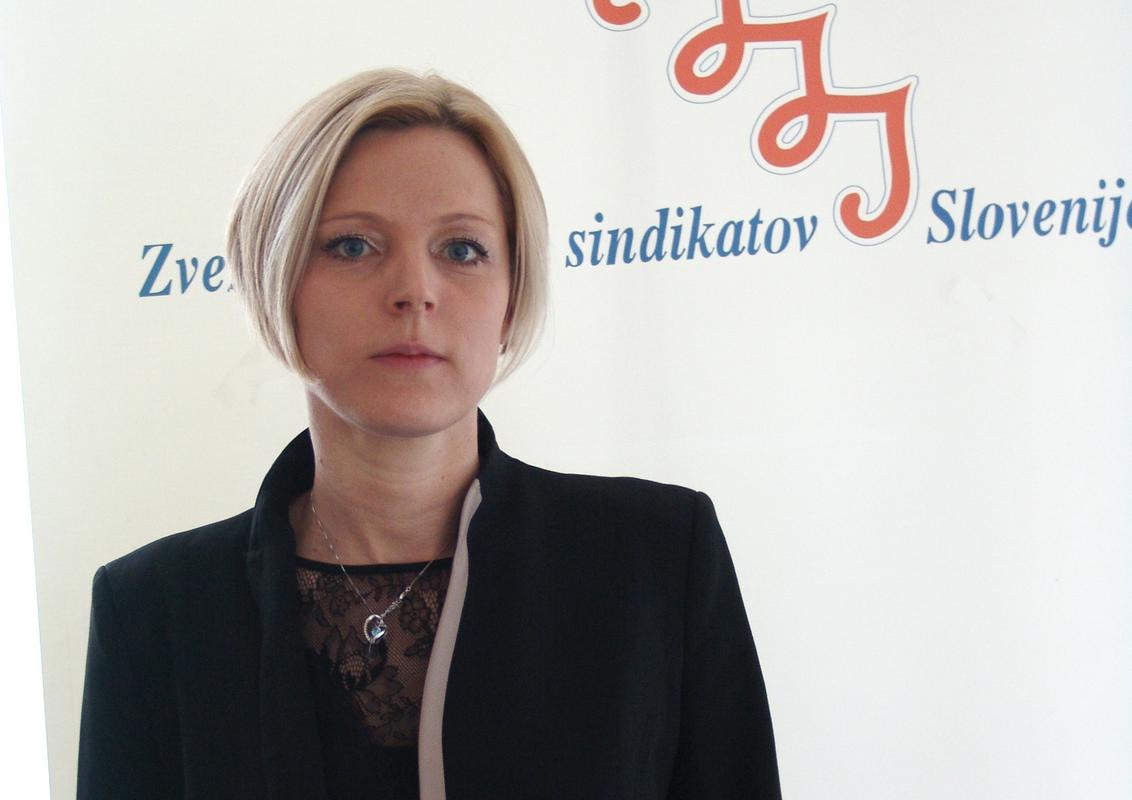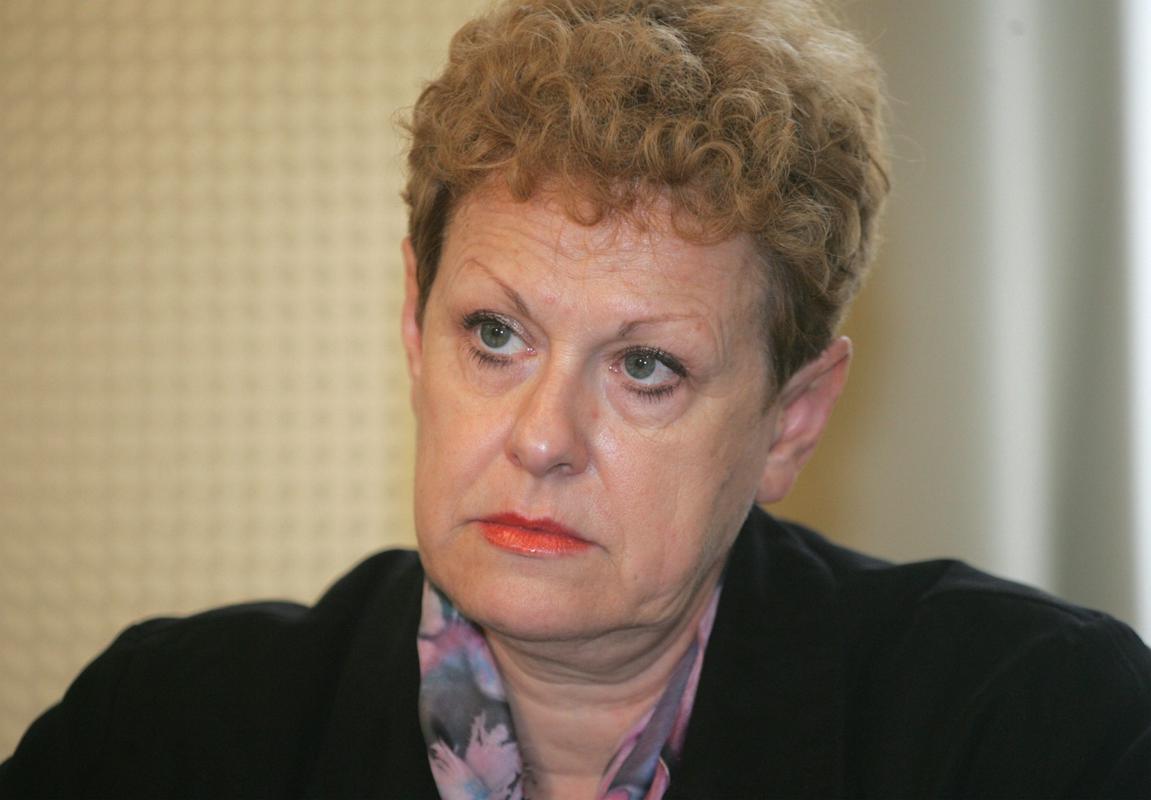
Slovenian women are better educated than men, but in terms of work payment segregation is present, even though the Employment Relationship Act forbids any kind of discrimination.

Women’s Lobby has urged the government to voice its opinion on the issue of surcharges for contraceptives and consequently, the abolishment of universal access to contraception for all women. Through rallies women have won the freedom of choice in childbearing, which is a constitutional right of women in Slovenia.
There’s still a gender gap in salaries in Slovenia – starting with determining basic salaries, the pay grade classification and bonuses, an empirical study carried out by the Association of Free Trade Unions of Slovenia (ZSSS) and Women's Lobby has shown.
Gaps between men and women exist in hourly wages. Performance bonuses are being paid to men in the form of attendance bonuses as rewards for not having taken a sick leave, which is more often used by women for care of their children or parents, Andreja Poje from ZSSS and Metka Roksandić from Women’s Lobby have warned, citing a study with a sample of 2,291 employees at 34 workplaces.
On average women’s salaries 84 euros lower
The average salary of female employees in 2012 only amounted to 94 percent of a man’s gross salary and was 84 euros lower, says Andreja Poje, pointing out statistical data that show the greatest gender gap in terms of salaries exists in health care, where men earn 26.5% more, followed by insurance business where men’s salaries are 24% higher than those of women, whereas in construction business salaries of men are 18.4% higher than women’s.
Segregation
"Slovenian women are better educated than men, but in terms of work payment segregation is present, even though the Employment Relationship Act forbids any kind of discrimination," notes Metka Roksandić from Women’s Lobby.
Discrimination impossible to prove – data on salaries not public
There have been no instances of pay litigation. In principle, they could be filed but discrimination is hard to prove since data on salaries categorized by gender are not public or companies do not have records of that sort, argues Roksandić. The only exception has been a case before the Higher Labour Court, where the court ruled that payment for the same work should be the same, regardless of the type of contract one’s work is based on. The court was able to acquire data on different payments since the case was related to the public sector, whereas the private sector is not required to present such data, and workers are more exposed to the risk of being laid off.
Private firms in Austria keep gender records
Women’s Lobby proposes the government to implement the principle of "equal pay for equal work" more actively – to begin with, the government should ensure that all employers would be required to collect data on salaries also by the parameter of gender, like Austria does, and that trade unions would be entitled to access them. According to Roksandić, the typical Slovenian mentality is that "the things we don’t see don’t exist". The Office for Equal Opportunities has closed, we hardly have an equal rights’ ombudsman – we have abolished anti-discrimination institutions we had already had instead of modernizing them, notes Roksandić with criticism.
Unemployment on the rise among women
To help the authorities, Poje and Roksandić have written a manual on implementing the principle of equal pay for equal work (or work of the same worth). The authors note that women have been affected much harder by the consequences of austerity measures, and the unemployment among women has been higher than men’s for 15 years – the former stood at 13.7% in 2012.
"Unemployment among women is rising, whereas it’s dropping among men, but the authorities still haven’t done anything," warns Roksandić. Things might start moving after the meeting of ZZZS’s president Dušan Semolič with Prime Minister Alenka Bratušek, the trade union and Women’s Lobby stated at the press conference.
Slovenian women are better educated than men, but in terms of work payment segregation is present, even though the Employment Relationship Act forbids any kind of discrimination.
Women’s Lobby has urged the government to voice its opinion on the issue of surcharges for contraceptives and consequently, the abolishment of universal access to contraception for all women. Through rallies women have won the freedom of choice in childbearing, which is a constitutional right of women in Slovenia.

































































